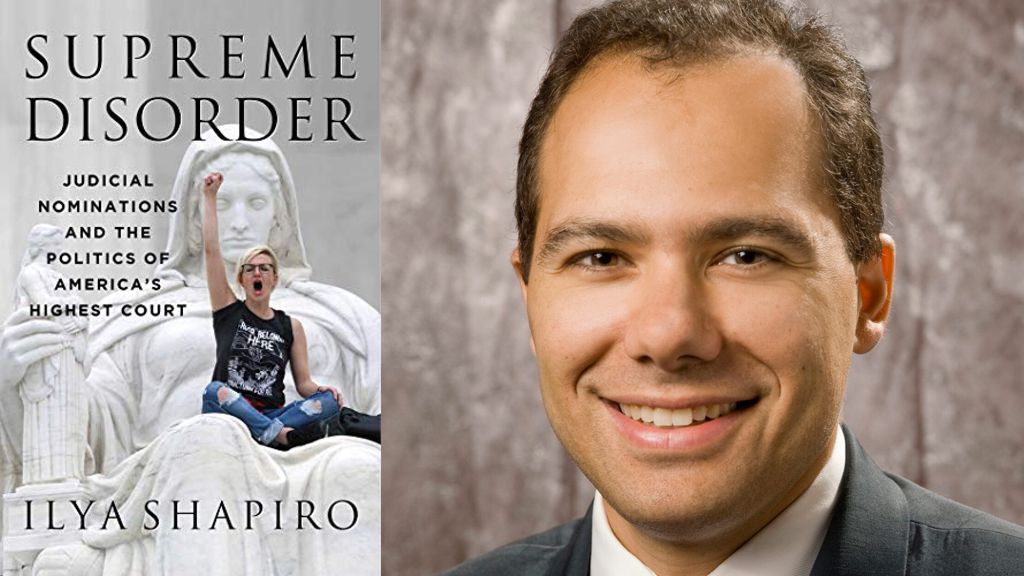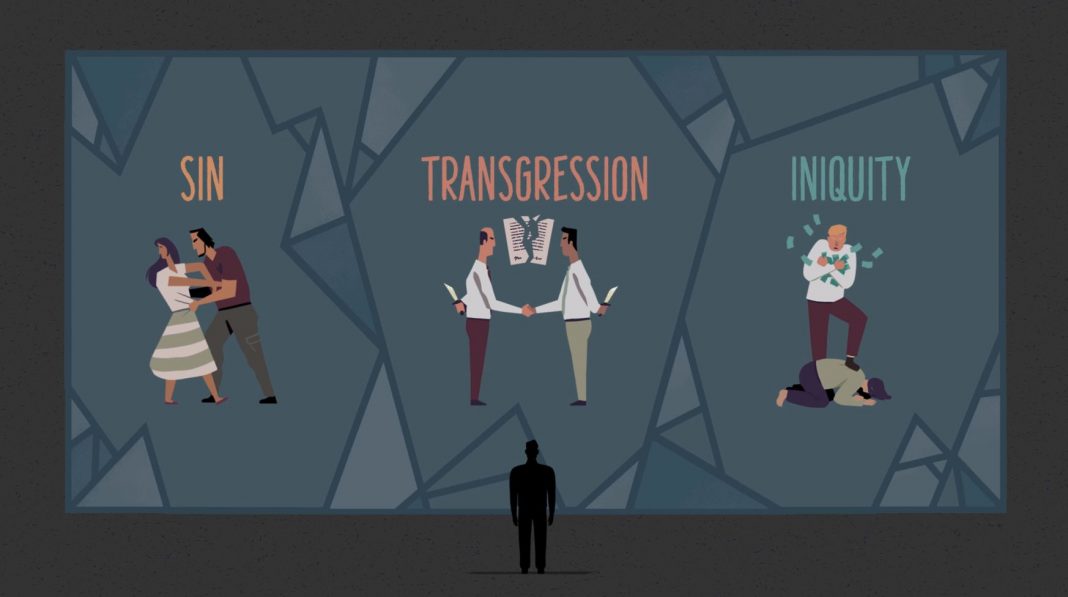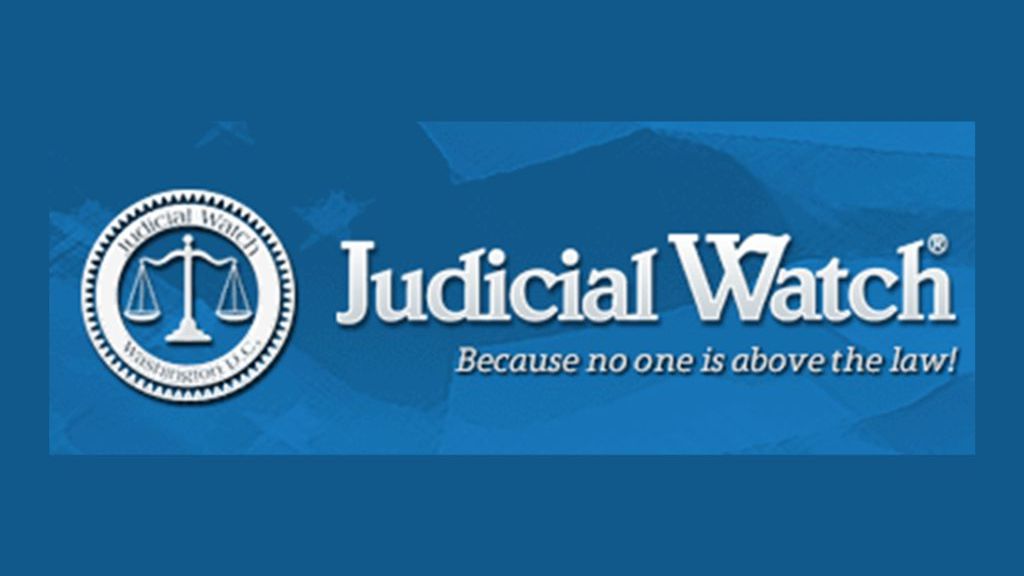A timely book release of Supreme Disorder: Judicial Nominations and the Politics of America’s Highest Court on September 22, 2020, after the recent death of Supreme Court Associate Justice, Ruth Bader Ginsburg:
The brutal confirmation battles we saw over Supreme Court Justices Neil Gorsuch and Brett Kavanaugh are symptoms of a larger problem with our third branch of government, a problem that began long before Kavanaugh, Merrick Garland, Clarence Thomas, or even Robert Bork: the courts’ own self-corruption, aiding and abetting the expansion of federal power.
Ilya Shapiro, director of the Cato Institute’s Center for Constitutional Studies, takes readers inside the unknown history of fiercely partisan judicial nominations and explores reform proposals that could return the Supreme Court to its proper constitutional role. Confirmation battles over justices will only become more toxic and unhinged as long as the Court continues to ratify the excesses of the other two branches of government and the parties that control them. Only when the Court begins to rebalance constitutional order, curb administrative overreach, and return power back to the states will the bitter partisan war to control the judiciary finally end.
About the Author
Ilya Shapiro is the director of the Robert A. Levy Center for Constitutional Studies at the Cato Institute. Before joining Cato, he was a special assistant/adviser to the Multi-National Force in Iraq on rule-of-law issues and practiced at Patton Boggs and Cleary Gottlieb. Shapiro is the co-author of Religious Liberties for Corporations? Hobby Lobby, the Affordable Care Act, and the Constitution (2014), and editor of 11 volumes of the Cato Supreme Court Review (2008-18). He has contributed to a variety of academic, popular, and professional publications, including the Wall Street Journal, Harvard Journal of Law & Public Policy, Washington Post, Los Angeles Times, USA Today, National Review, and New York Times Online. He also regularly provides commentary for various media outlets, including CNN, Fox News, ABC, CBS, NBC, Univision and Telemundo, the Colbert Report, PBS NewsHour, and NPR. Shapiro has testified before Congress and state legislatures and has filed more than 300 amicus curiae “friend of the court” briefs in the Supreme Court. He lectures regularly on behalf of the Federalist Society, was an inaugural Washington Fellow at the National Review Institute and a Lincoln Fellow at the Claremont Institute, and has been an adjunct professor at the George Washington University Law School. He is also the chairman of the board of advisors of the Mississippi Justice Institute, and a member of the Virginia Advisory Committee to the U.S. Commission on Civil Rights. In 2015, National Law Journalnamed him to its 40 under 40 list of “rising stars.” Before entering private practice, Shapiro clerked for Judge E. Grady Jolly of the U.S. Court of Appeals for the Fifth Circuit. He holds an AB from Princeton University, an MSc from the London School of Economics, and a JD from the University of Chicago Law School (where he became a Tony Patiño Fellow). He lives in northern Virginia.
Available on GoodReads






